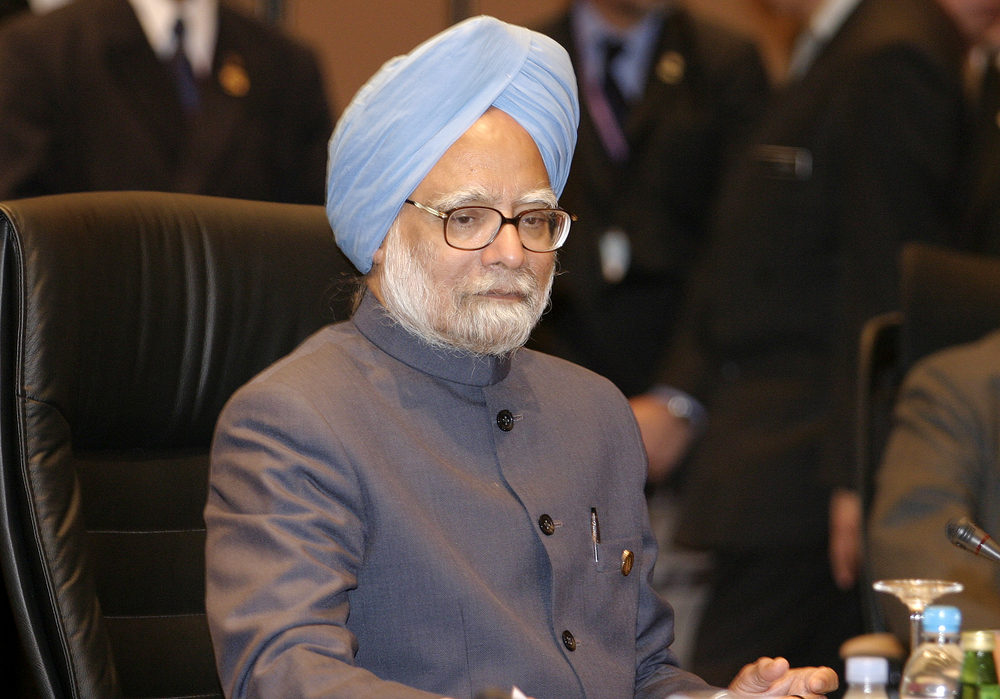Manmohan Singh was more than a leader.
Others are reading now
Economic reforms don’t always make headlines, but they often decide the fate of nations.
For India, one man’s policies in the 1990s turned its economy into a powerhouse, changing the lives of over a billion people.
His name was Manmohan Singh, and his journey from a humble village in present-day Pakistan to becoming one of India’s most respected statesmen remains a story of quiet brilliance.
On Thursday, Singh passed away at 92. The news, confirmed by Prime Minister Narendra Modi, marked the end of an era.
Also read
“India mourns the loss of one of its most eminent leaders,” Modi wrote on social media.
Prime Minister For 10 Years
Singh was an economist first and foremost. He never sought the limelight. Born in 1932 in Gah, he pursued his education at Cambridge and Oxford, earning a reputation for his intellect, according to Digi24.
In 1991, India faced its worst financial crisis since independence. Singh, then the finance minister, stepped in with bold reforms that opened the economy to the world.
Those reforms paved the way for his tenure as Prime Minister from 2004 to 2014.
During his first term, India’s GDP soared at an annual rate of 9%. Internationally, Singh was credited with crafting policies that solidified India’s place on the global stage.
His nuclear agreement with the United States, aimed at meeting India’s growing energy needs, stood out as a landmark achievement.
But his legacy wasn’t without complications. Corruption scandals during his second term dented his image and gave his critics ammunition.
Singh, often reserved, defended his record by saying history would judge him better than his contemporaries.
In later years, Singh became a sharp critic of Narendra Modi’s policies, warning against economic missteps and the dangers of rising sectarian tensions. Even in retirement, his voice carried weight.
Manmohan Singh was more than a leader. He was a thinker, a reformer, and, above all, a believer in India’s potential. His life and work will not be forgotten.








